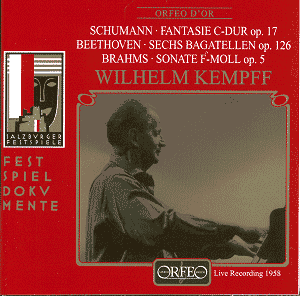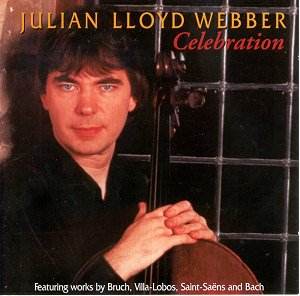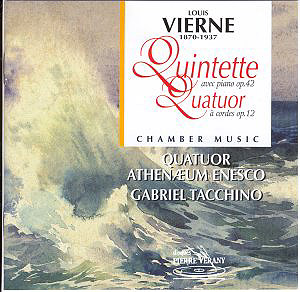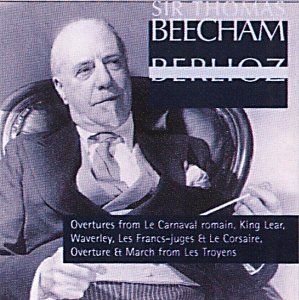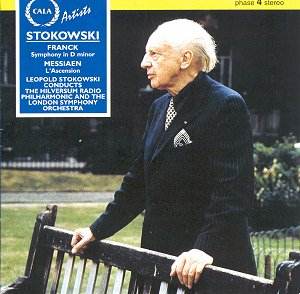 Composer: Leopold Stokowski
Composer: Leopold Stokowski
Works: Ravel – Fanfare from L’Eventail de Jeanne; Chopin – Mazurka in A Minor Op. 17 No. 4 (orchestrated by Stokowski); Messiaen – L’Ascension; Duparc – Extase (orchestrated by Stokowski); Franck – Symphony in D Minor
Performers: London Symphony Orchestra (Chopin, Messiaen, Duparc); Hilversum Radio Philharmonic Orchestra (Ravel, Franck)
Recording: Recorded between 1970 and 1972
Label: Cala CACD 0525
Stokowski’s interpretations are often a microcosm of the 20th-century orchestral landscape, bridging the gap between Romantic intensity and modernist exploration. This compilation showcases his characteristic flair, particularly in works that reveal the lush textures and chromatic subtleties of French music. The selection, while eclectic, offers a glimpse into Stokowski’s interpretive choices and the historical contexts of the composers involved, from the impressionistic hues of Ravel to the fervent lyricism of Franck.
The Ravel Fanfare opens the disc with a vibrant burst of color, setting a tone that is at once celebratory and reflective. Stokowski’s orchestration adds an almost theatrical dimension, enabling the fanfare to resonate with a grandeur that may not always be present in more restrained interpretations. The brass players, particularly, shine with a brilliance that encapsulates Ravel’s bold harmonic palette, although one might argue that some of the nuances of the original score are sacrificed for the sake of dramatic effect.
Moving to the Chopin Mazurka, Stokowski’s orchestration breathes new life into this miniature gem. The performance captures the rhythmic vitality and melodic charm of the original piano work while allowing the orchestral textures to bloom. Notably, the strings convey a sense of yearning that is central to Chopin’s aesthetic, while the woodwinds inject a playful quality that complements the thematic material beautifully. This approach, though perhaps unconventional, enhances the atmospheric qualities of the piece, distinguishing it from more traditional renditions.
Messiaen’s L’Ascension is where Stokowski’s interpretative prowess truly shines. The conductor’s earlier recording in 1947 with the New York Philharmonic set a benchmark for this work, and here he revisits its spiritual depths with a maturity that is palpable. The orchestral forces are balanced with meticulous care, allowing the ethereal qualities of the music to emerge without overwhelming the listener. The first movement’s serene opening is handled with a reverence that evokes the sacred, while the dynamic contrasts in the final movement convey a sense of cosmic struggle and resolution. This performance stands as a testament to Stokowski’s understanding of Messiaen’s unique harmonic language and rhythmic intricacies.
Duparc’s Extase follows with a lush orchestral treatment that capitalizes on Stokowski’s ability to blend sentiment with an almost cinematic sweep. The performance captures the essence of longing that permeates the work, with each orchestral layer contributing to a rich tapestry of sound. The strings, in particular, create an atmosphere of profound introspection, and the overall effect is one of transcendence—something that Duparc himself aspired to in his music.
The Franck Symphony, recorded with the Hilversum Radio Philharmonic Orchestra, presents a duality of technical prowess and interpretative exaggeration. Stokowski’s command of the orchestra is evident, with the climaxes delivered with visceral intensity. However, this performance sometimes borders on the excessive; certain passages might benefit from a more restrained approach to allow the thematic material to breathe. The final movement, while exhilarating, could have been more effectively shaped with a clearer sense of structure, as the exuberance occasionally overshadows the symphony’s lyrical qualities.
Sound quality across the recording is commendable, with a clarity that enhances the vibrant orchestral textures. The transfers are handled with care, allowing for the nuances of Stokowski’s interpretations to emerge distinctly. However, some moments in the Franck could have been better balanced, as the orchestration risks overshadowing the finer details in the score.
This collection serves as a valuable document of Stokowski’s artistry, offering insights into his interpretive philosophy and the historical context of the works. While not every performance may qualify as essential listening for the discerning audiophile, the disc captures the spirit of a conductor who continuously evolved, striving to communicate the emotional core of the music. Stokowski’s legacy as a transformative force in orchestral music remains intact, and this compilation is an engaging testament to his vision.
